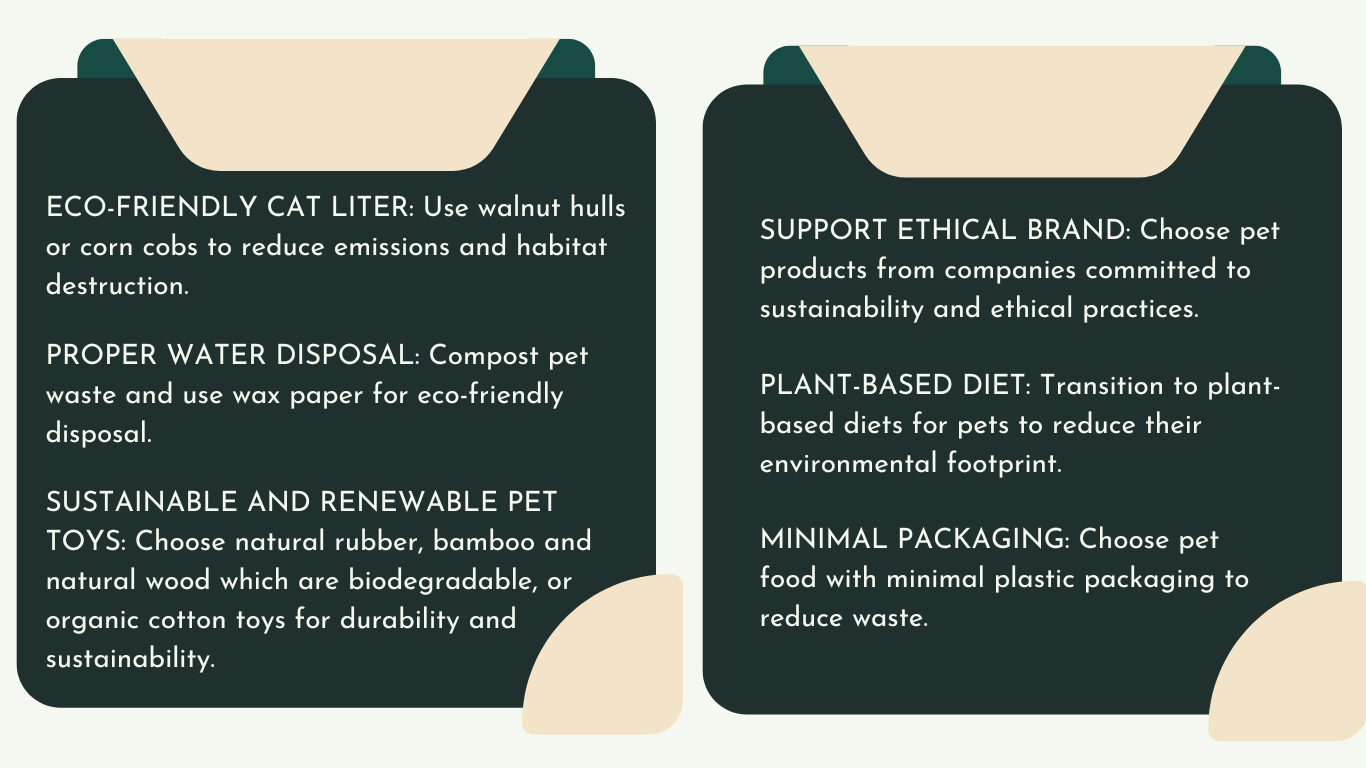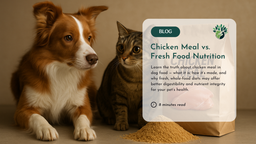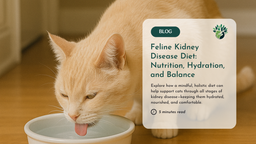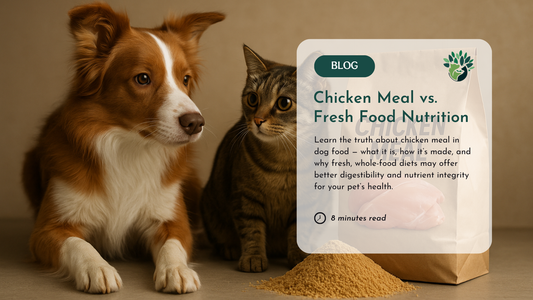Our furry friends bring us so much happiness and companionship, but we often overlook something important: the impact their food has on our environment. Some people compare having a dog to driving two small SUVs in terms of environmental impact, but that's not entirely accurate. However, it's true that pets have a significant footprint, especially as their numbers continue to grow and they eat a lot. To put it simply, the food required to feed a pet today is equivalent to using up about 0.84 hectares of land, roughly two and a half acres. This large figure highlights the serious effects of producing commercial pet food on our land use, resource consumption, and waste generation.
The Environmental Impact of Meat-Based Pet Foods
Concerns about meat content in traditional pet food are multifaceted. Pets' consumption of conventionally produced meat contributes significantly to greenhouse gas emissions and resource depletion, with pets in the US consuming a staggering 25-30% of all conventionally raised animals [1]. Additionally, the widespread use of antibiotics and growth hormones in animal agriculture poses risks of antibiotic-resistant bacteria emergence and ethical concerns about animal welfare. Moreover, reliance on commercially produced meat-based diets may lead to nutrient imbalances in pets, contributing to health issues such as obesity and allergies.
Packaging in traditional pet food also raises environmental concerns, with plastic-lined envelopes and kibble bags adding to plastic waste. The extensive supply chain involved in pet food production, sourcing ingredients globally, processing, and transportation, contributes to excessive emissions and energy consumption. These practices highlight the need for more sustainable approaches to pet food production and packaging.
Home-cooked and Eco-friendly Practices in Pet Care
Home-cooked diets for pets offer a sustainable alternative to commercial pet foods, providing numerous benefits for animals and the environment alike. By taking control of ingredients, you can customize meals based on your pet's specific nutritional needs, incorporating lean proteins, whole grains, and vegetables for balanced nutrition and overall well-being. This approach fosters a closer bond between you and your pet while encouraging mindful eating habits, promoting a healthier lifestyle for both.
Many other aspects of pet care also significantly impact the environment such as:

Conclusion
As responsible pet owners, we have the power to make choices that benefit both our furry companions and the planet. By opting for sustainable pet food options, such as plant-based and home-cooked diets, and incorporating eco-friendly practices into pet care routines, we can reduce our pets' environmental footprint while promoting their health and well-being. From choosing environmentally friendly toys to mindful waste disposal, every small change adds up to make a significant difference in creating a more sustainable future for our pets and the planet. Let's continue to make conscious decisions that prioritize both our pets' happiness and the health of our environment.
References
[1] Jasiunas, Lukas. "Environmental Impacts Of Dog And Cat Food." Faunalytics, November 21, 2017.
[2] Carrington, Damian. "Vegan Diets Are Healthier and Safer for Dogs, Study Suggests." The Guardian, 13 Apr. 2022.
















